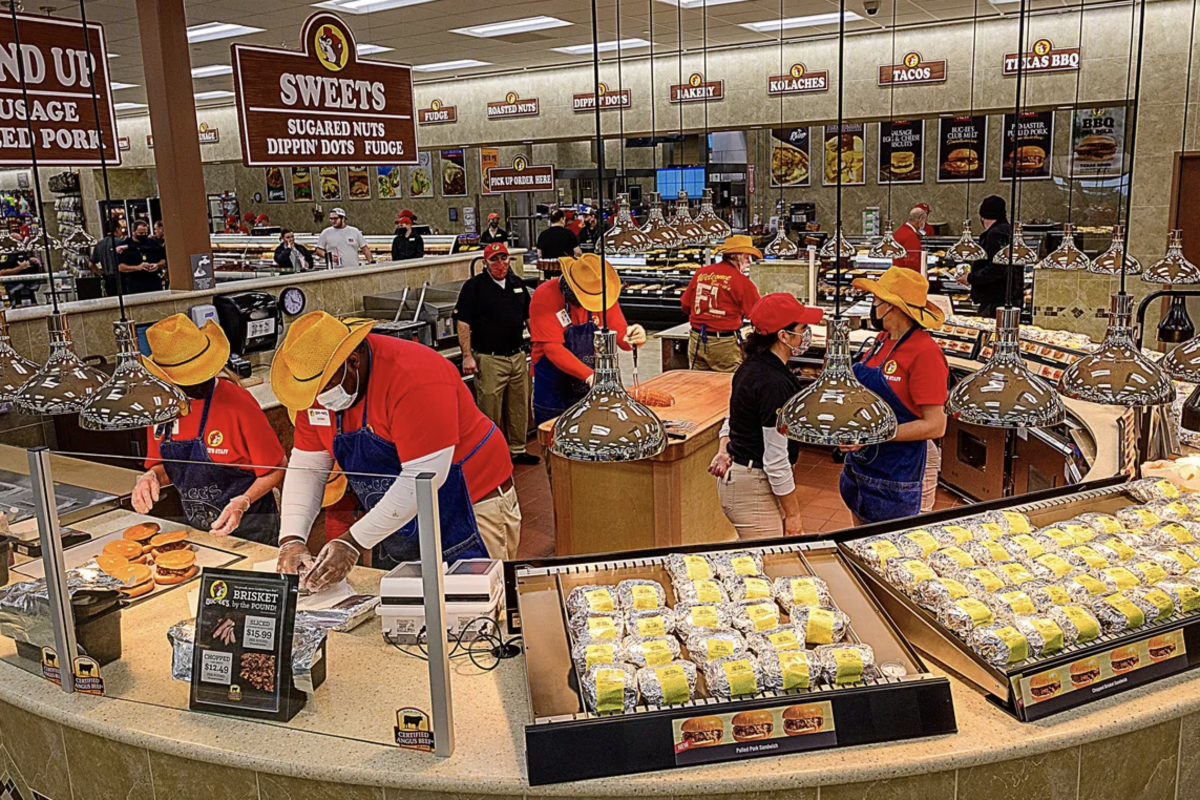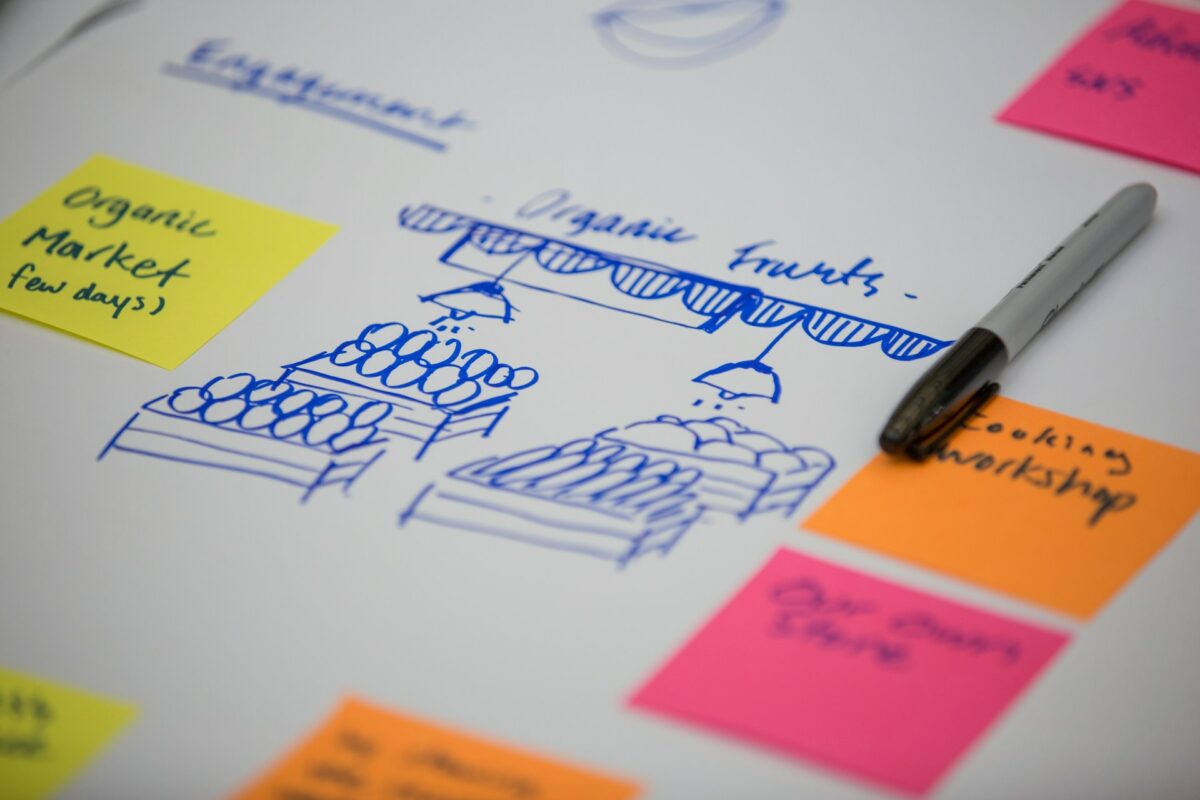Richard Edelman coined an interesting term for our times: Brand democracy. Here’s his definition, “The feeling is: It’s easier to get a brand to act on the issues I care about than to vote for another ineffectual politician. The brand can do much to deliver on this expectation, from improving its supply chain to persuading consumers to change their behavior.” As you’ve seen in the past couple of years, some brands have been paying attention to this trend: Netflix is threatening to pull productions out of certain US states due to abortion laws, Patagonia is devoting their proceeds from Trump’s tax cut to environmental groups.
Last week, a coalition of leading brands gathered at SB’19 Detroit to launch “Brands for Good”, a movement to make sustainable living easier for more people around the world. Founding partners include Dentsu Aegis, Pepsico, National Geographic, Nestle Waters, Target, SAP Success Factors, P&G, SC Johnson, and Visa.
KoAnn Vikoren Skrzyniarz, Founder and CEO of Sustainable Brands, says, “Research has clearly demonstrated that people want to adopt more sustainable lifestyles and achieve their own version of the Good Life; however, they often feel lost on how to accomplish a significant shift in their own lives. Brands for Good will serve as a resource to help them achieve their goals and understand the direct impact their behavior can have on reducing climate change, protecting our natural resources and ensuring a more inclusive and resilient society. Brands for Good’s work is more than the ‘right thing’ to do. Consumers tell us they will follow and reward brands who lead with more delightful products and experiences, more meaningful relationships and more measurable actions that help them live better today and create a more sustainable future for all.”
This initiative should be praised, as they have set out three bold commitments for brands to become ‘a force for growth and a force for good.’
- Embed environmental and social purpose into the heart of its brand promise, products, and experiences;
- Use marketing, communications, and brand influence to make sustainable living accessible, aspirational, and rewarding; and
- Work together to transform the field of marketing to shift behaviors and drive positive impact with people, communities, and the planet we share.
Sustainable Brands commissioned consumer research to inform their ambitions. The most important element of ‘the Good Life’ ranked by consumers was “balance, simplicity, and wellness” at 36% followed by “connections to family, community, and the environment” at 28%, with “money and status” at only 26% and “personal achievement through academics and career” at 10%.
Marc Pritchard, P&G’s Chief Brand Officer says, “As a founding partner of Brands for Good, we want our brands to be a force for good by promoting sustainable behaviors, habits and lifestyles. We want our brands to make it easy for people to responsibly consume products and to offer them sustainable innovations and solutions that help make their lives better now and for generations to come.” This seems to be perfect timing for a new trend, especially in consumer packaged goods, wherein refilling is becoming as important as recycling.
Will It Work?
It’s great that the first thing on the agenda for these brands is to produce a Lifestyle Transformation Roadmap, identifying sustainable behaviors and providing detailed guidance, tools and resources for the public to make more informed choices. The bigger question is, will the roadmap drive the outcomes intended, or is this exercise the latest wave of virtue hustling? Everyone cares about sustainability when they are being surveyed, but when they are in the checkout line they might feel a little differently.
For consumers, it may be more important to see brands making the changes and sacrifices themselves to ensure everyone can live ‘the good life’ they are so passionate about guaranteeing. This could likely mean incentivizing new behaviors, not just trying to get people to change. As Mark Di Somma shared here on Branding Strategy Insider, “Stop communicating your efforts in sustainability, diversity, traceability, environmental contribution, fair trade etc. as corporate social responsibility obligations. Instead, act on them, and account for them, as differentiating inclinations.”
The Blake Project Can Help You Grow: The Brand Growth Strategy Workshop
Branding Strategy Insider is a service of The Blake Project: A strategic brand consultancy specializing in Brand Research, Brand Strategy, Brand Growth and Brand Education




